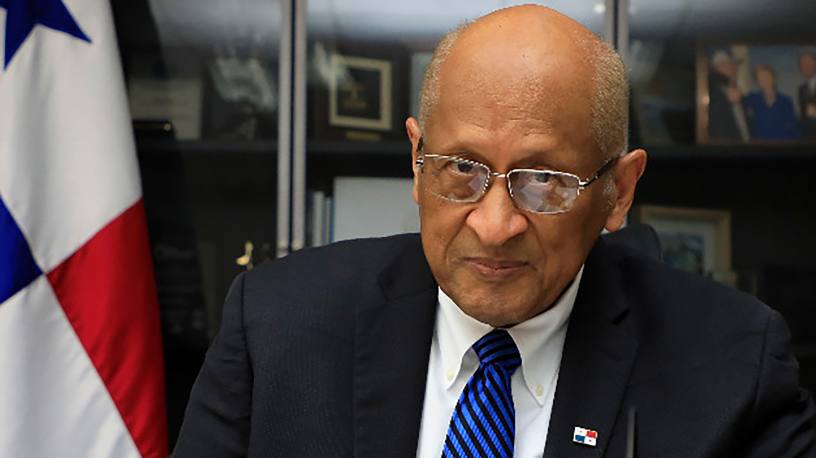Q: What is the economic outlook for Panama?
A: Panama experienced strong growth recently, with favourable macroeconomic conditions. In 2021, the economy expanded by 15.3%, and in the first nine months of 2022 the expansion reached 11%. At the end of 2022 we estimate a growth of at least 9%. In 2022, gross domestic product (GDP) was higher than in 2019.
Such important economic expansion was accompanied with an increase in formal employment. Moreover, inflation was just 1.6% in 2021 and around 2% last year. This year we expect to grow about 5%, on the back of foreign and national investments.
The government itself is going to invest $16.6bn in infrastructure over the next few years, including in transportation projects that will have a long-term positive impact on the economy. We are also working on several public–private partnerships, and expanding the metro system, investing in the maintenance of the road system and electricity distribution.
Q: Panama’s economy expanded in the years before the Covid-19 pandemic. However, such growth has not always translated into improved public education and health systems. What reforms should the country implement to address inequality?
A: We had difficult years because of the pandemic. Our priority has been to keep the population safe and healthy, and our pandemic plan was quite successful.
Our other objective was to support the most vulnerable population with government social transfers. This has allowed for a decrease in poverty, while in many other countries you saw poverty increase over the same period. Between 2014 and 2021, poverty levels decreased from 18.5% to 15.6%.
The government itself is going to invest $16.6bn in infrastructure over the next few years
We managed to successfully move to virtual education. This has helped to permanently increase the technological capabilities of our education system. Improving the education system is key to improving social equality. For this reason, we are increasing resources to the sector.
This year, 5.5% of GDP will be dedicated to education, to strengthen the physical and technological infrastructure of the sector. We are also working on improving teachers’ capabilities. So, the idea is to decrease poverty on one hand and increase social mobility on the other.
Q: The country’s economy is closely linked to the Panama Canal’s revenues. Do you see this as a weakness?
A: The canal is very important, but our economy is very well diversified and balanced. We have an important export and services sector. There are countries in Latin America, and other areas of the world, that are very dependent on primary products; this is not the case in Panama.
Q: What are the latest developments with regards to Panama’s inclusion on the ‘grey list’ by the Financial Action Task Force?
A: In 2023, we could be getting off the list, as we hope we will be able to fully comply with all the 15 actions we need to comply with — we already fully comply with 12 of them.
The pending actions relate to the issues of the ultimate beneficial ownership of companies, and money laundering and tax law. We are making progress on these issues.
Q: Panama’s pension system is facing a crisis, as there are less funds than initially projected. What’s the government’s plan to address this issue?
A: This is a very important issue for Panama and discussions are underway.
Panama has a strong history of being able to reach consensus for the decisions it has to take. One thing is for sure: we know that people who receive pensions will keep receiving what they are entitled to.
Q: The government is currently discussing how much tax the Canadian mining company First Quantum Minerals should pay on the concession for its copper mine in the country. What’s the latest on this?
A: The original contract established that the company had to pay around $40m to $50m per annum, which is very low. It is more difficult to negotiate with a company that is already operating and which would need to renounce part of their income than with a company which has not started operations.
For this reason, negotiations have been lengthy. We are also asking to get our fair share. We maintain we are a market-friendly country and we believe in private investments. We appreciate how much foreign investment is key for our development as a country.













